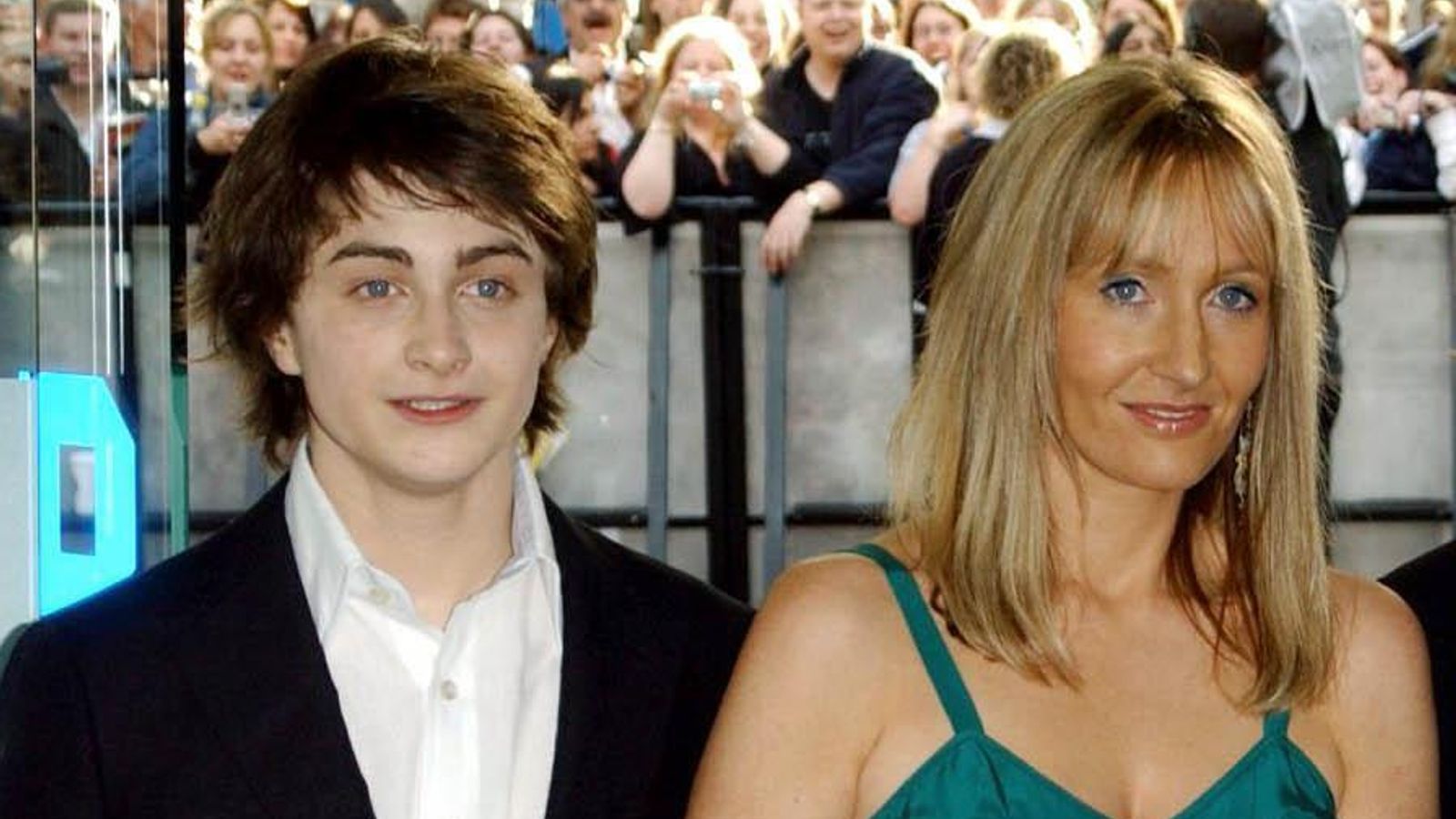Bruce Willis has been diagnosed with frontotemporal dementia (FTD), his family announced.
The 67-year-old Hollywood star was diagnosed in March 2022 with aphasia, a condition affecting the brain which causes difficulty with language and speech, causing him to retire from acting.
The statement about the progression of his condition was signed by his current wife, Emma Heming Willis, and his former wife Demi Moore, as well as his children Rumer, Scout, Tallulah, Mabel, and Evelyn.
They said: “Since we announced Bruce’s diagnosis of aphasia in spring 2022, Bruce’s condition has progressed and we now have a more specific diagnosis: frontotemporal dementia (known as FTD).
“Unfortunately, challenges with communication are just one symptom of the disease Bruce faces. While this is painful, it is a relief to finally have a clear diagnosis.”
The NHS said FTD causes changes to personality, behaviour, language and movement, due to the areas of the brain that it affects, the front and sides of the brain.
Read more:
Bruce Willis’s wife reveals ‘toll’ on mental health after aphasia diagnosis
Hollywood stars support ‘legend’ Die Hard actor as he retires
Die Hard star retires from acting after aphasia diagnosis
As with other forms of dementia, the onset of the disease is slow to begin with but gradually gets worse.
Willis had received “an outpouring of love and compassion” over the past 10 months since his family revealed his aphasia diagnosis. “Your generosity of spirit has been overwhelming, and we are tremendously grateful for it”, the statement said.
The family hopes that by publicising Willis’ condition it will bring public attention to FTD, which there are currently no treatments for.
“As Bruce’s condition advances, we hope that any media attention can be focused on shining a light on this disease that needs far more awareness and research.”
The family hoped the understanding and respect shown by the public would “enable us to help Bruce live as full a life as possible”.
Willis came to national attention alongside Cybill Shepherd in the 1980s TV hit Moonlighting.
His first big film role was as John McClane in the smash hit Die Hard in 1988. He went on to star in movies including Pulp Fiction, 12 Monkeys and The Sixth Sense.
Over four decades he starred in more than 100 films, which have amassed over $5bn (£4.17bn) at the box office worldwide.












